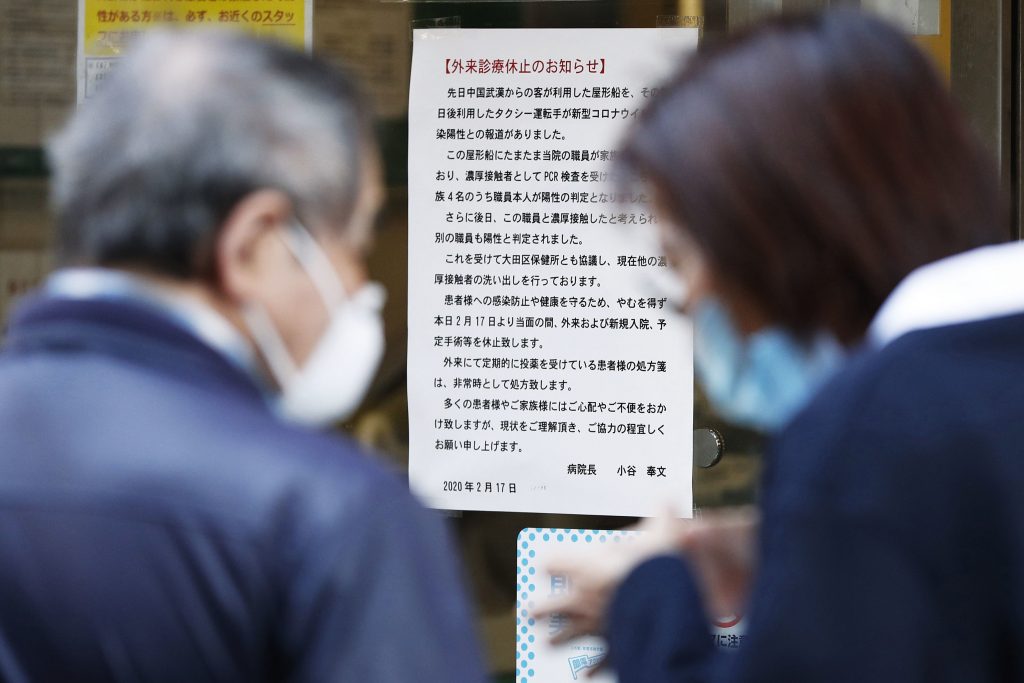
- ARAB NEWS
- 01 Aug 2025

With the number of novel coronavirus cases surging in Tokyo and elsewhere in Japan, hospitals are increasingly refusing to accept sick people on ambulances as they are not ready to treat suspected COVID-19 patients.
According to the Tokyo metropolitan government's emergency and disaster medical care section, there were 931 cases in March in which people ferried by ambulances were rejected by five or more hospitals or had to wait for 20 minutes or longer before finding a hospital for treatment, up 231 cases year on year. The number of such cases reached 830 in the first 11 days of April.
Of those patients, some 70 pct showed symptoms often seen in COVID-19 sufferers, such as fever and respiratory problems.
"We can't secure private rooms," a medical worker said. Hospitals are allowed to put more than one patient who tested positive for the virus in the same room but not a person suspected of being infected with the virus.
In one case, a woman in her 40s was rejected by over 50 hospitals in Tokyo before she was accepted by a hospital in Kashiwa, Chiba Prefecture, east of the capital, and found to be infected on Thursday, according to the city's public health center.
"Even a stroke patient was rejected by a hospital because of a fever of over 37 degrees Celsius," a doctor said in a survey conducted in April by the Japanese Association for Acute Medicine.
"Many hospitals have decided not to see patients suspected of being infected with the coronavirus due to the risk of in-hospital infections," said Takeshi Shimazu, head of the association.
It is not easy to expand hospitals' capacities to accept patients because it requires medical equipment, human resources and protective items.
"Lack of such resources can cause in-hospital infections and lead to the loss of medical workers," Shimazu said, showing understanding for the challenges for hospitals.
"It's no longer advisable to rely solely on hospitals' voluntary efforts to accept patients," Shimazu said, urging the central and local governments to take stepped-up measures, for example, providing subsidies to hospitals treating COVID-19 patients and issuing legally binding orders.